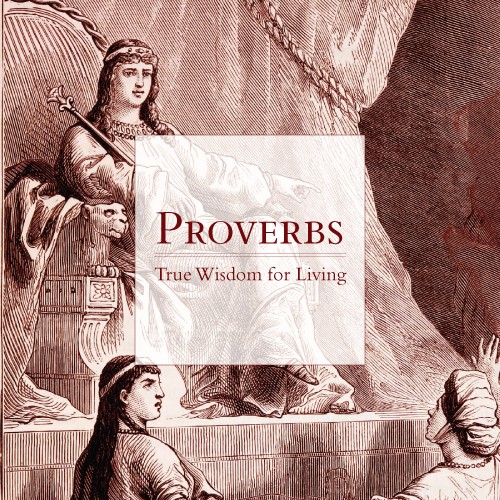
Repairing Relationships
Tim Keller | June 5, 2005
Overview
Let’s just say you have something to say to a friend that’s going to be hard for that person to hear but good for them. Should you tell them now or later? Should you only tell them if certain circumstances present themselves? Or should you not tell them at all? Any one of these options is morally allowable. We need wisdom to help us make these kinds of decisions.
We particularly need wisdom for making and maintaining relationships. Relationships are so important in life — vitally important for your health and wellbeing — and you need wisdom for knowing how relationships can break down and how to repair them. A wise person knows 1) the need for relationship repair, 2) the components of relationship repair, and 3) the heart of relationship repair.



